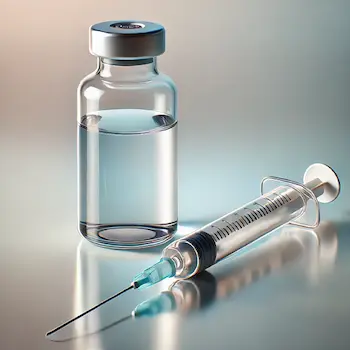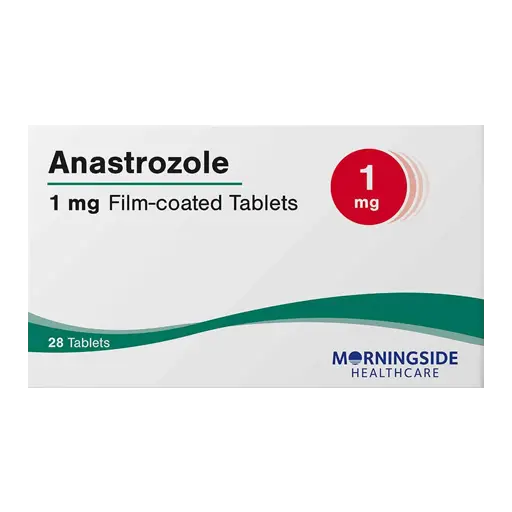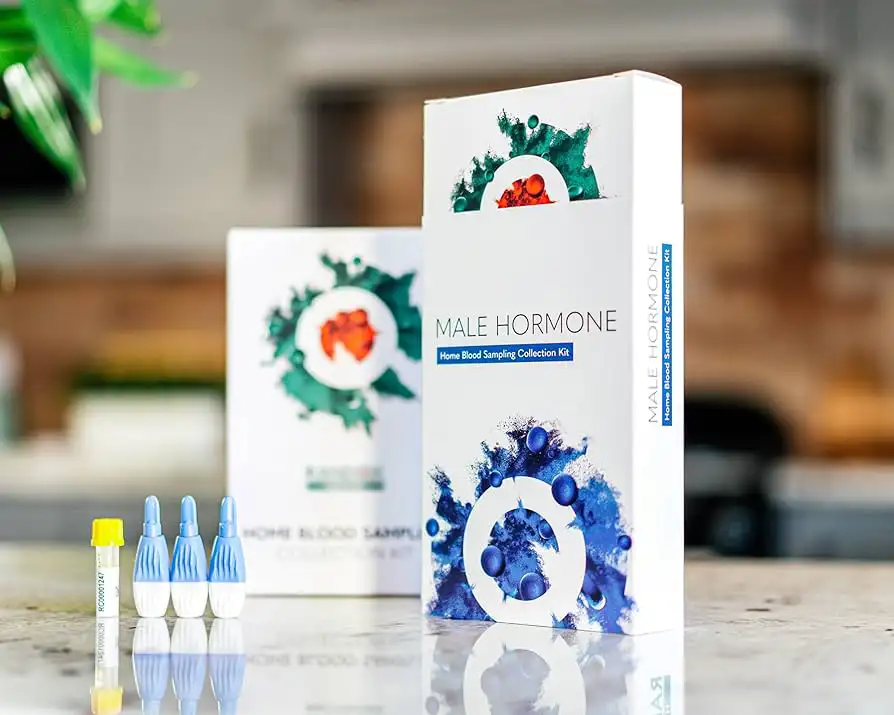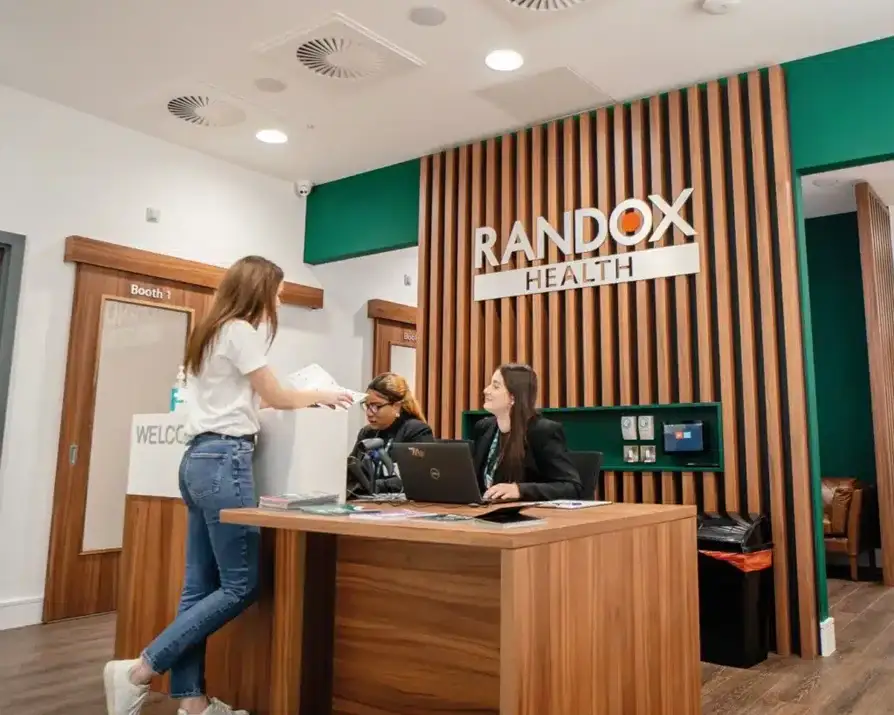7 TRT Myths Debunked
Testosterone Replacement Therapy (TRT) often comes wrapped in misconceptions and fear. While it’s important to approach any medical treatment with caution, not all the common myths about TRT stand up to scrutiny. Let’s take a closer look at seven well-known myths and what the evidence actually says.
1. TRT Is Only for Bodybuilders or Athletes
Myth: Many people assume TRT is just another performance-enhancing trick reserved for pro athletes or bodybuilding enthusiasts.
Reality: TRT is a medical therapy designed for individuals diagnosed with low testosterone levels who are experiencing symptoms like fatigue, reduced libido, and mood changes. It’s prescribed by healthcare professionals to restore hormone balance, not to provide an unfair edge in sports. Athletes who misuse testosterone do so outside of medical guidelines. Legitimate TRT is about health, quality of life, and symptom relief—not bulking up for competition.
2. TRT Will Cause Prostate Cancer
Myth: Some believe that boosting testosterone levels automatically fuels prostate cancer growth.
Reality: Current research does not support the idea that TRT causes prostate cancer. While the prostate is sensitive to hormones, studies have found no clear link between medically supervised TRT and increased prostate cancer risk. While undergoing TRT blood tests will help monitor among other things prostate health, including PSA levels, before and during treatment to ensure ongoing safety.
3. TRT Will Make You Infertile
Myth: The assumption here is that increasing testosterone from outside sources will shut down natural production entirely, making it impossible to father children.
Reality: While TRT can lower sperm production, it does not always lead to permanent infertility. Fertility may be reduced during treatment because testosterone therapy can suppress certain signals involved in sperm production. If maintaining fertility is a priority, options such as using medications to maintain sperm production such as clompirmene or hCG can be considered.
4. TRT Causes Aggressive Behavior or “Roid Rage”
Myth: The term “roid rage” conjures images of uncontrollable anger and aggression, supposedly induced by testosterone use.
Reality: Abrupt mood swings and aggressiveness are more commonly linked to the misuse of anabolic steroids at very high doses, not the medically supervised doses used in TRT. Most patients report improved mood, energy, and quality of life rather than aggression. Properly managed TRT aims to restore normal testosterone levels, not push them into the stratosphere.
5. It’s Dangerous and Has Too Many Side Effects
Myth: Some people worry that TRT is inherently risky, laden with harmful side effects that outweigh any benefits.
Reality: Like any medical treatment, TRT can have side effects—these may include acne, fluid retention, or mild changes in cholesterol levels—but severe risks are uncommon when therapy is properly monitored. Your doctor will do regular checkups to ensure the dose is appropriate and that your overall health remains stable. When overseen by a qualified healthcare professional, TRT can be both safe and effective.
6. Low Testosterone Is Just a Natural Part of Aging
Myth: It’s often said that declining testosterone is simply inevitable and should be accepted as part of growing older.
Reality: While testosterone levels do tend to dip as we age, not all low testosterone states are “normal” or benign. Some men experience symptoms—loss of libido, persistent fatigue, and decreased muscle mass—that significantly reduce quality of life. If testing reveals genuinely low levels, TRT can help restore balance and ease these symptoms. It’s about treating a documented medical issue, not turning back the clock on aging altogether.
7. Over-the-Counter Supplements Can Replace TRT
Myth: Many over-the-counter “testosterone boosters” claim to be a natural, easy alternative to TRT.
Reality: Dietary supplements can’t deliver the same therapeutic benefit as medically prescribed testosterone. Most are not subject to the same rigorous testing as medications, and their efficacy is often unproven. If your low testosterone has been clinically diagnosed, you’re better off discussing treatment options with a qualified healthcare provider than relying on unregulated supplements.
Summary
Testosterone Replacement Therapy is a legitimate medical treatment backed by research. While it’s important to understand potential risks and weigh the pros and cons, myths and misinformation should not overshadow the facts. If you would like to get started with Testosterone Replacement Therapy you can order an at-home testosterone blood test. With access to professional guidance and support throughout your treatment, you know you're in good hands and your therapy will be both safe and effective.
Related products
-
GSL
-
GSL
-
POM

testosterone cypionate
£239.99
-
POM

anastrozole tablets
£9.99

